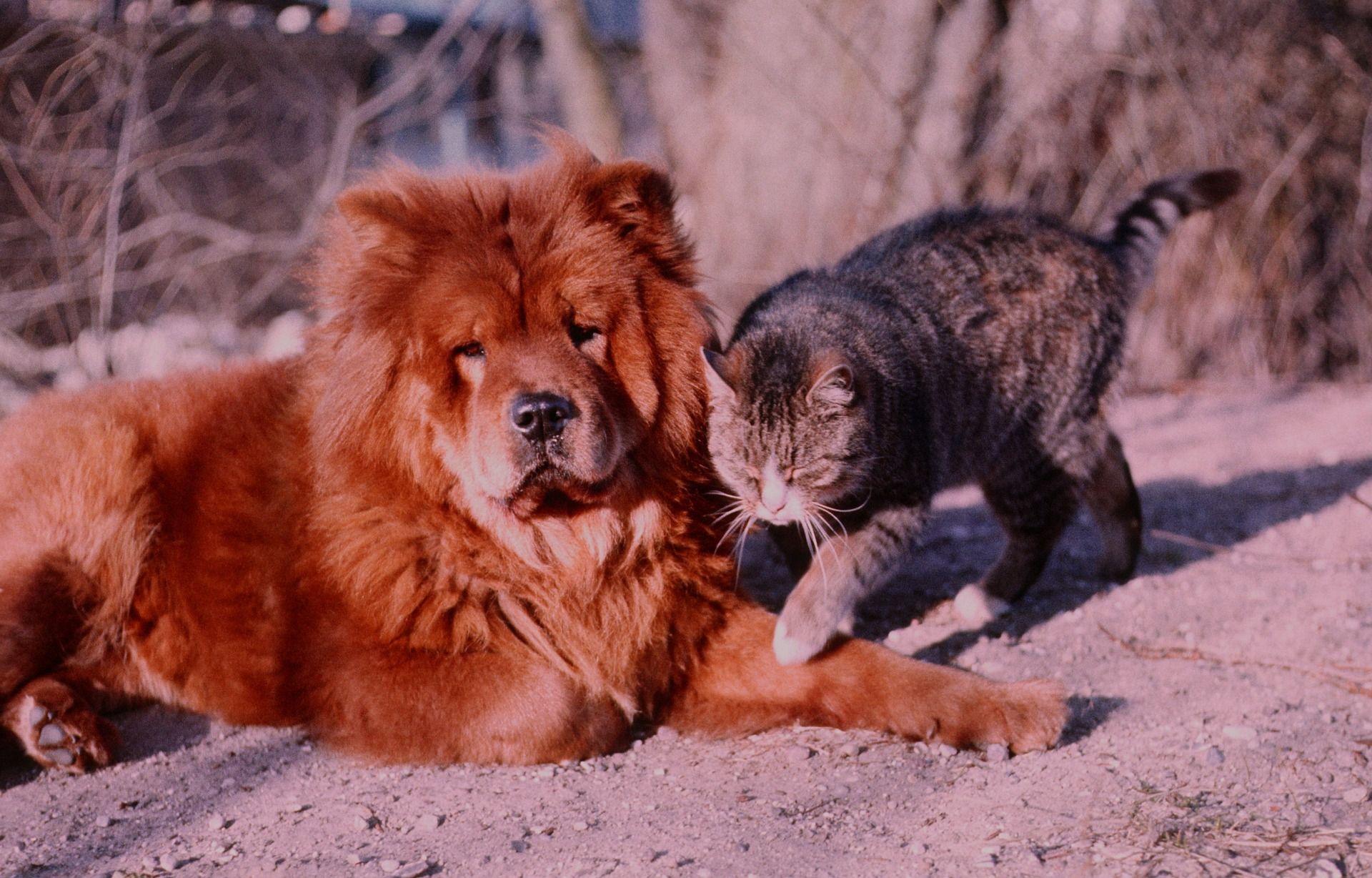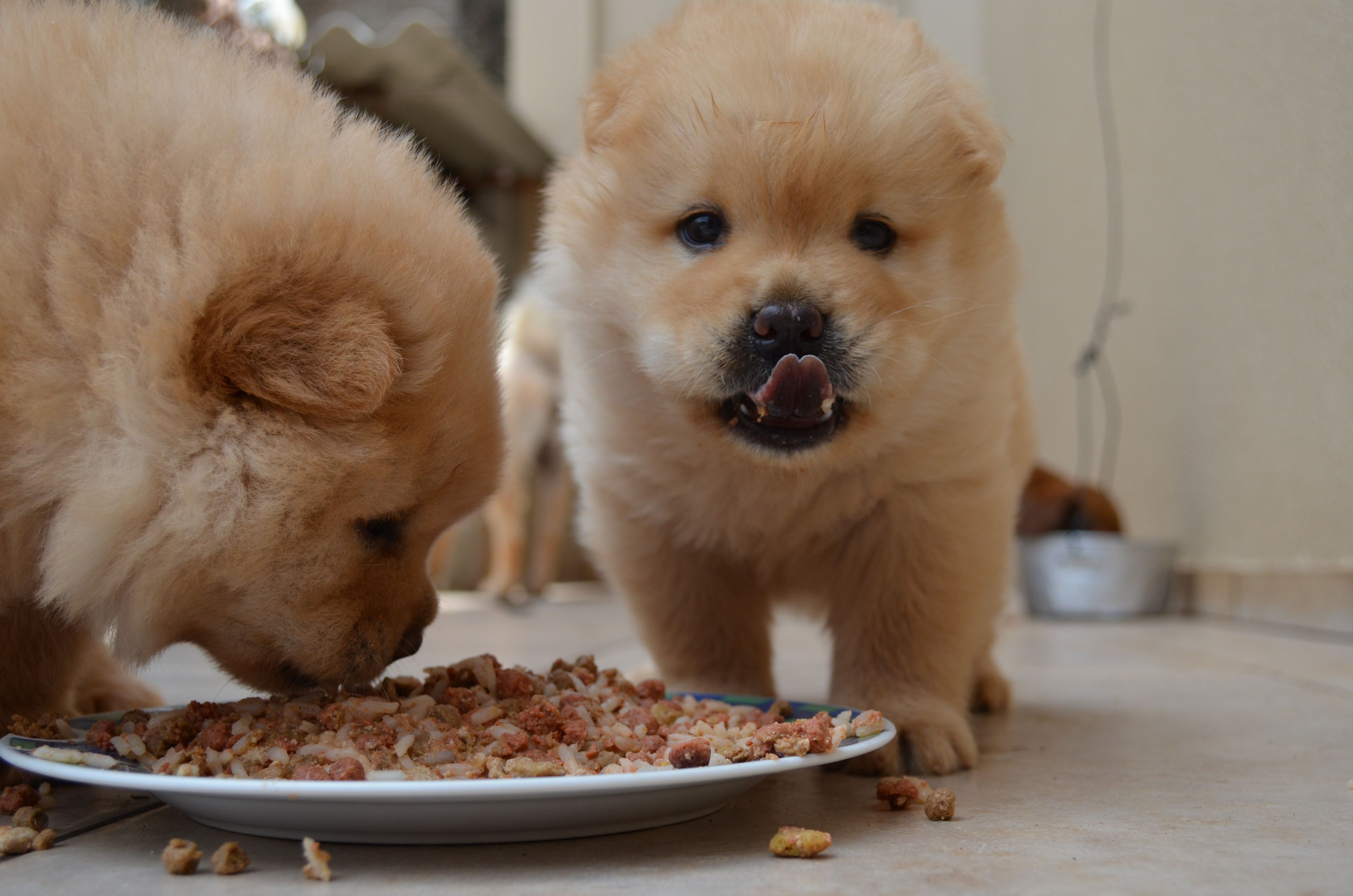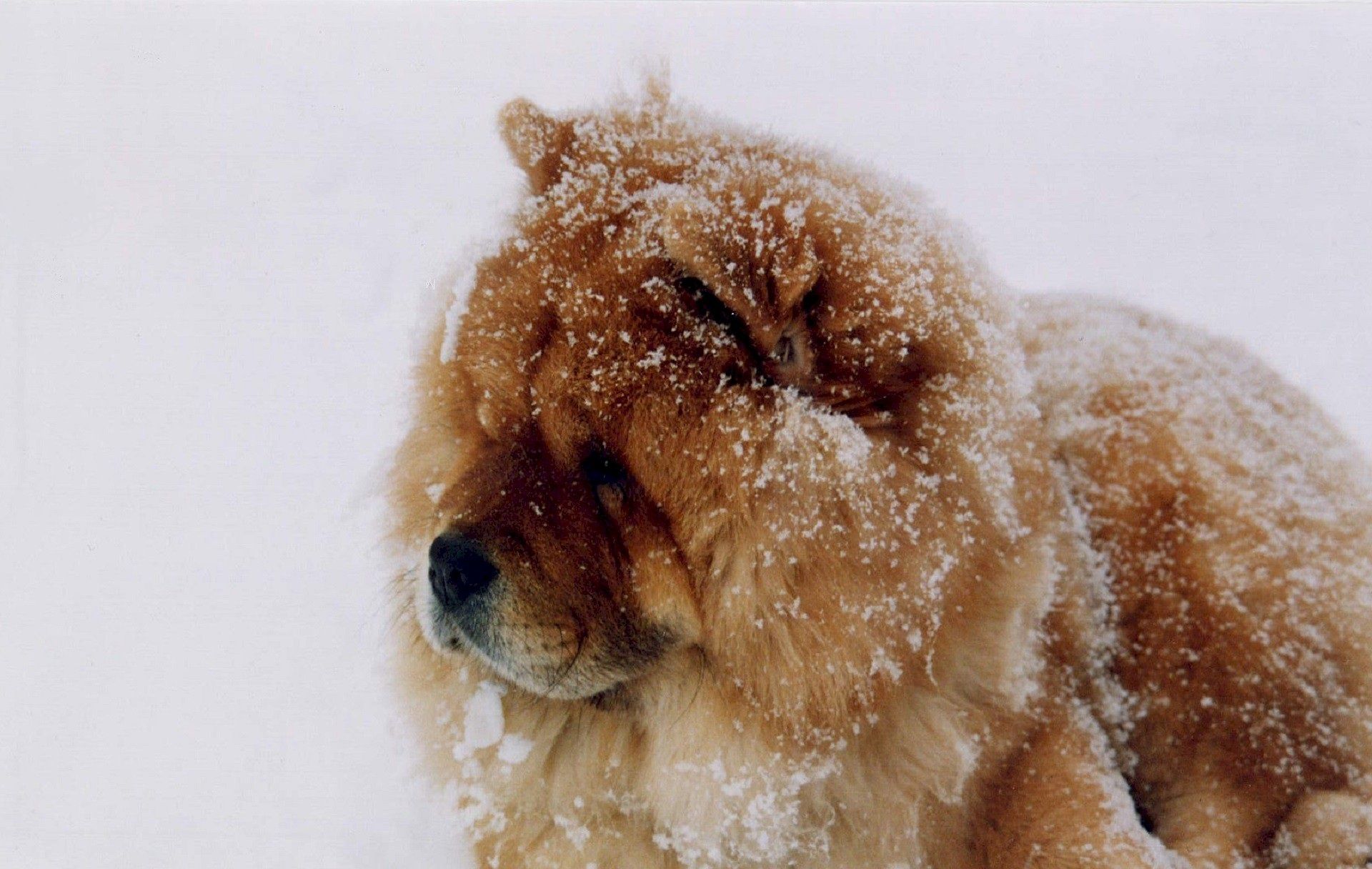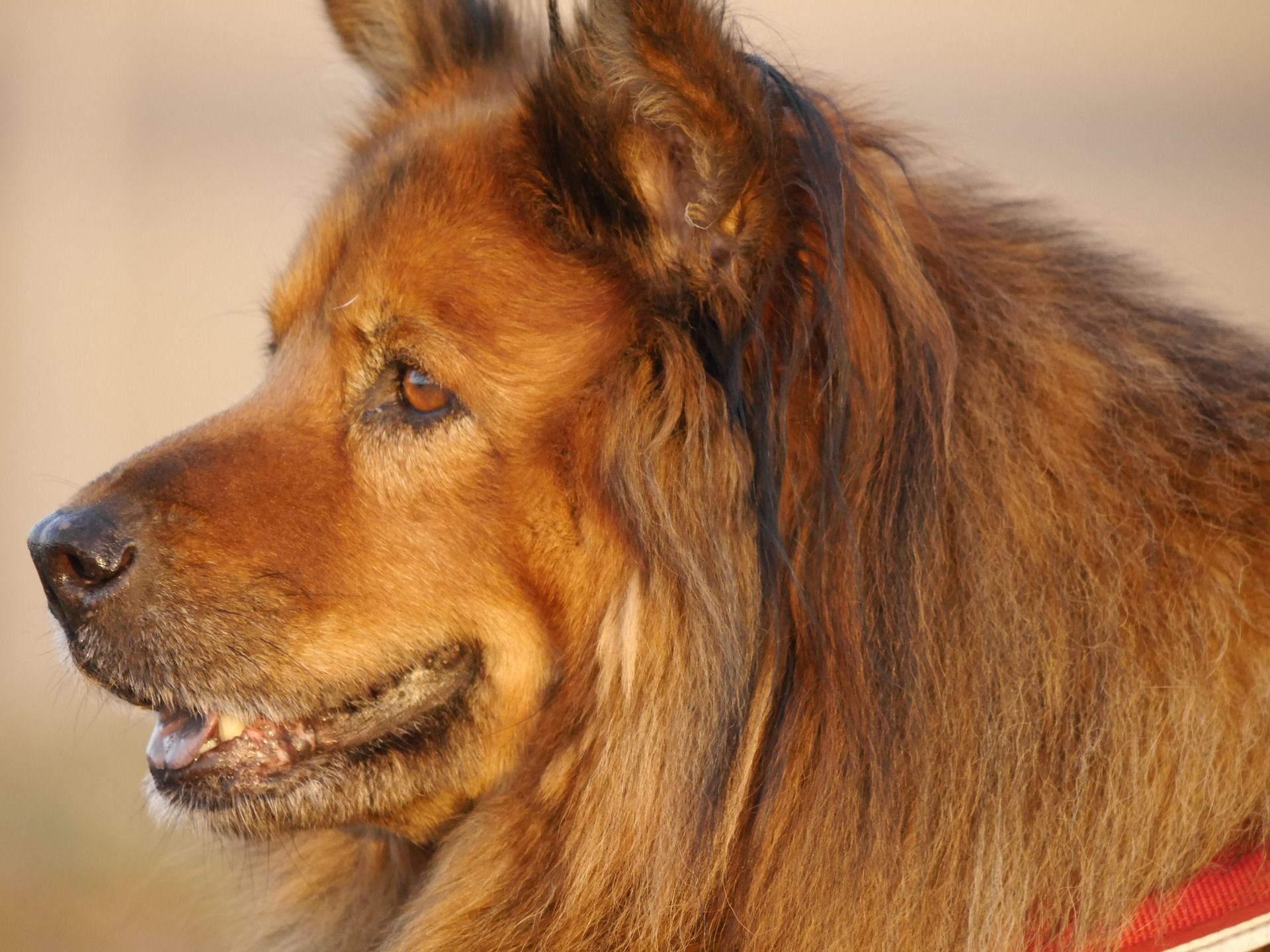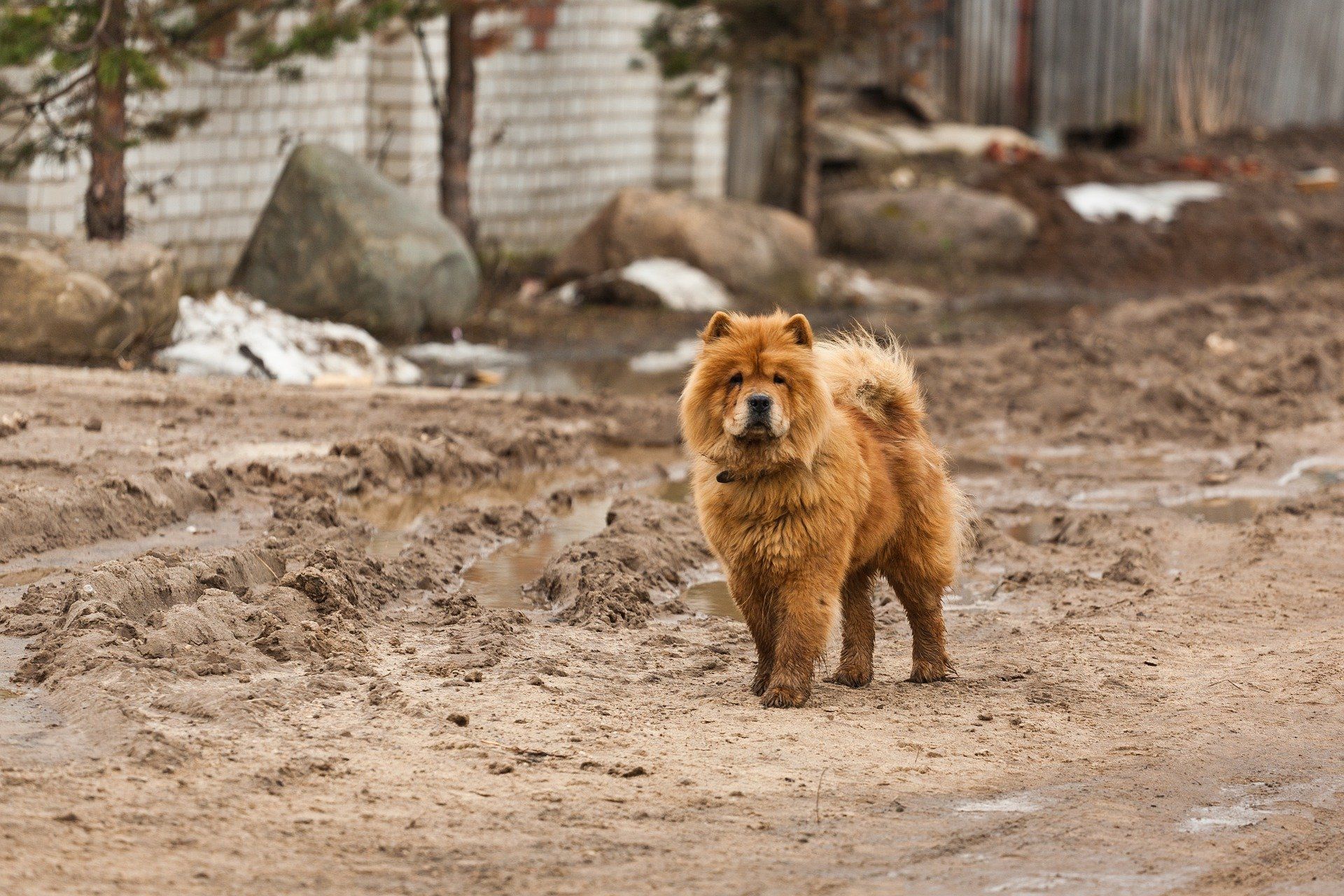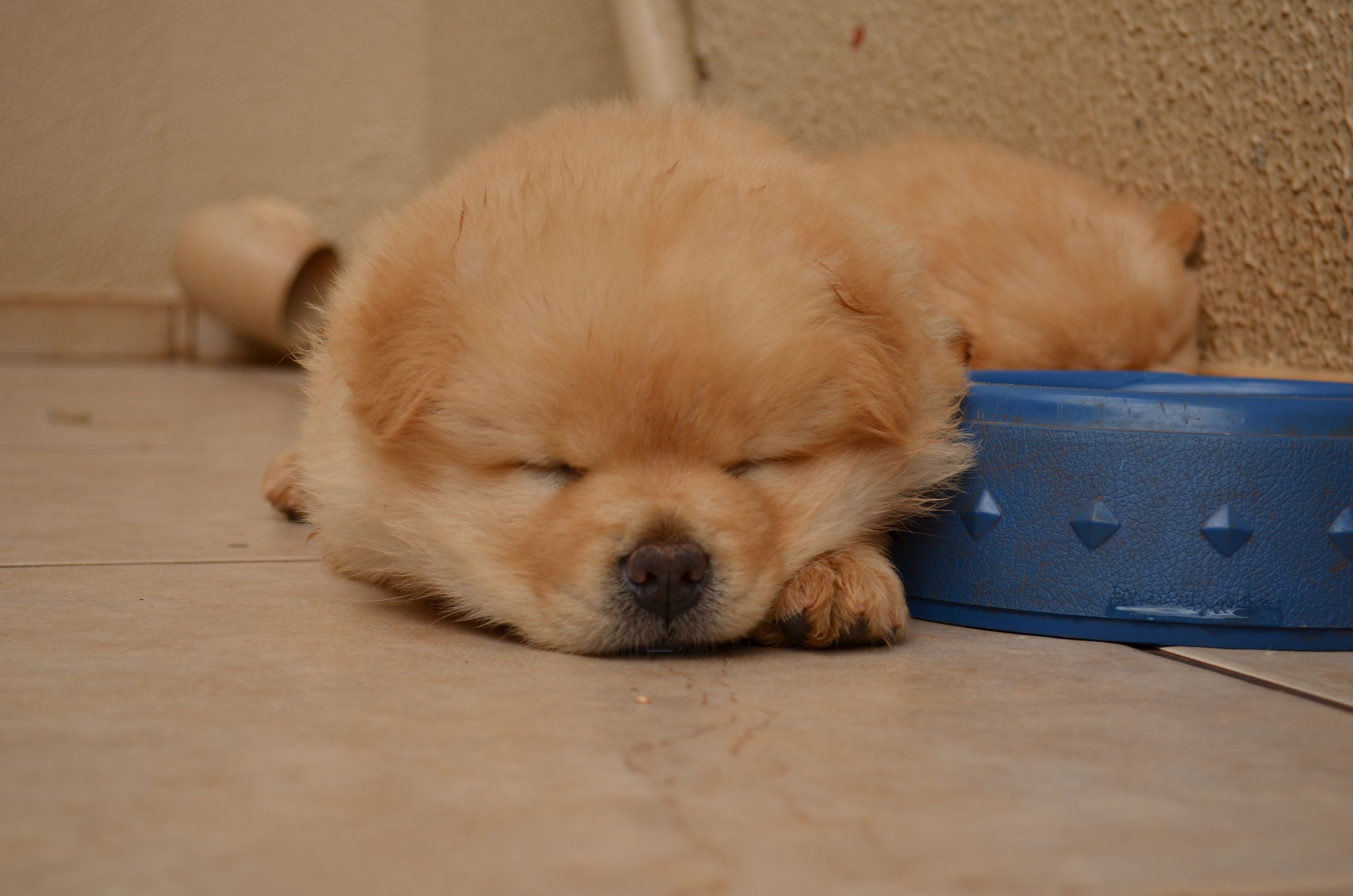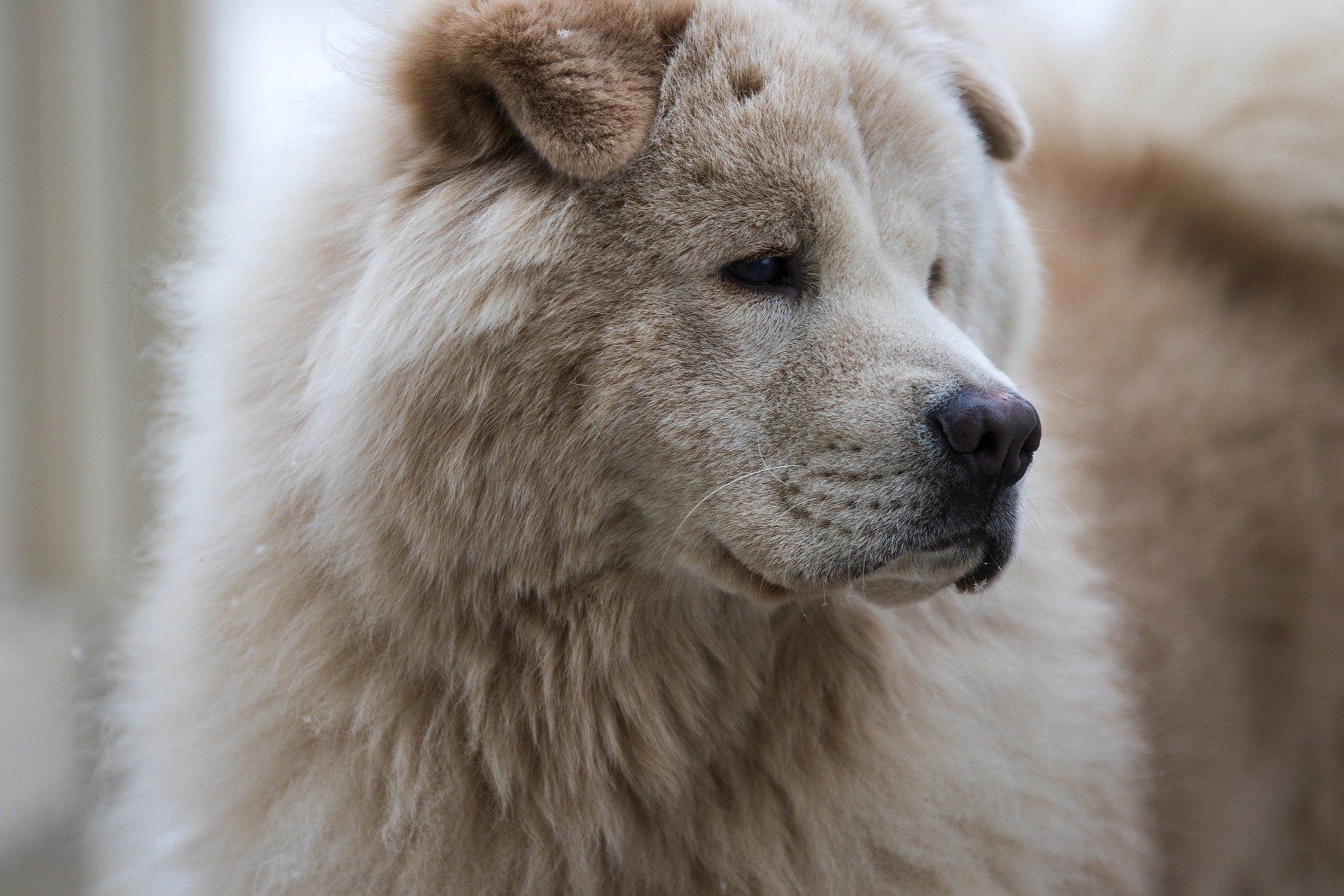The guarding dog role is a combination of natural instincts, proper training, and a strong bond with their human family. Is a Chow Chow a good guard dog?
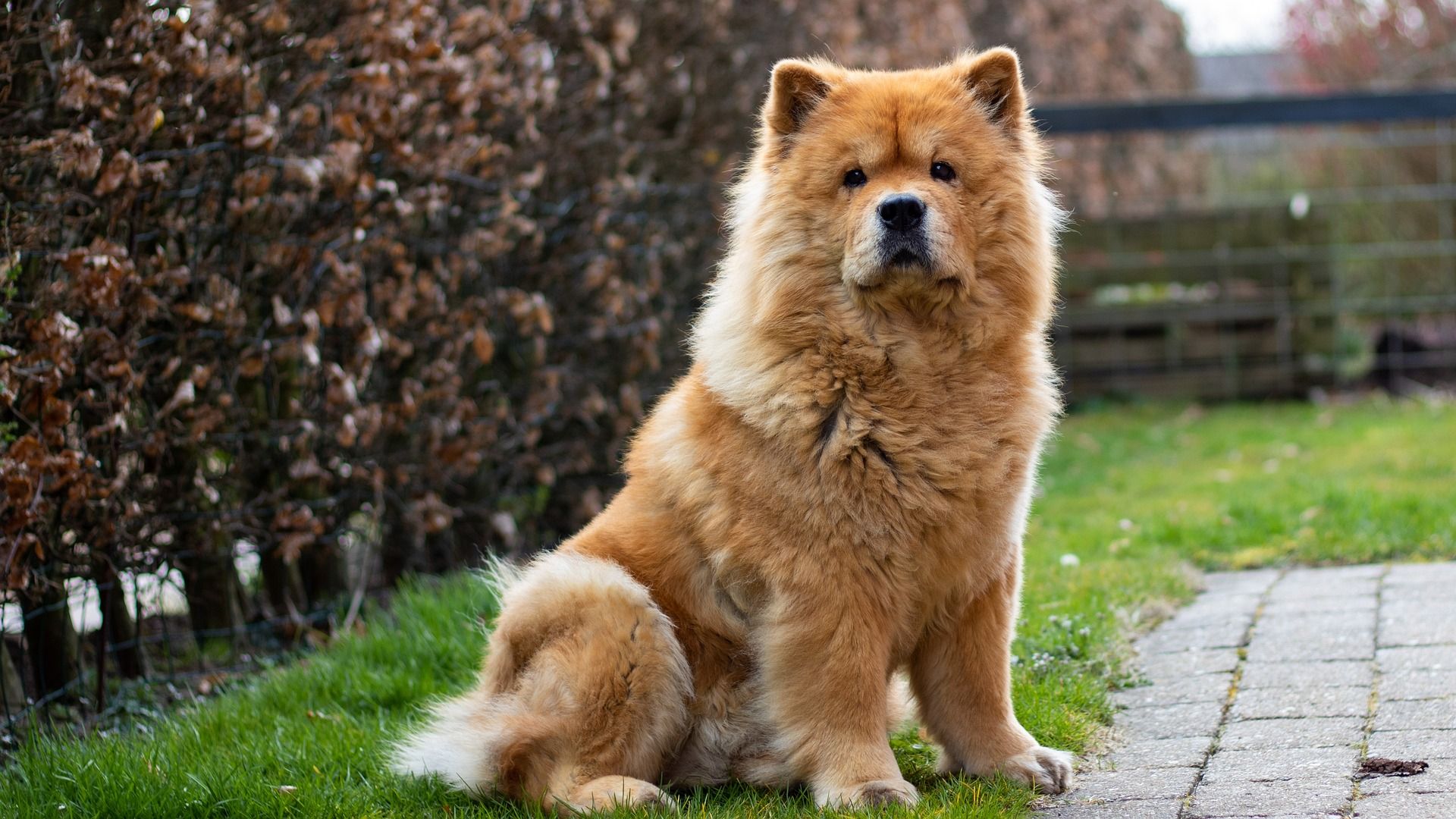
The role of a guarding dog is multifaceted, encompassing a range of behaviors and traits aimed at protecting its territory, possessions, and, most importantly, its human or animal companions. Guarding dogs have been selectively bred for their innate instincts, intelligence, and physical attributes to serve as vigilant protectors.
Table of Contents
-
Are Chow Chows Good Guard Dogs?
- #1 — Territorial Instincts
- #2 — Loyalty
- #3 — Independence
- #4 — Alertness
- #5 — Barking Tendency
- #6 — Size
- #7 — Strength
- #8 — Demeanor
- #9 — Cautious Nature
- #10 — Fearlessness
- #11 — Early Socialization
- #12 — Training
- #13 — Positive Reinforcement
- #14 — Obedience
- #15 — Leadership
- #16 — Guarding Family Members
- #17 — Intolerance of Strangers
- #18 — Watchful Eyes
- #19 — Reserve with Outsiders
- #20 — Adaptability
- #21 — Calm Demeanor
- #22 — Temperament Testing
- #23 — Socializing with Other Pets
- #24 — Familiarity with Visitors
- #25 — Regular Exercise
- #26 — Health Considerations
- #27 — Proper Nutrition
- #28 — Secure Fencing
- #29 — Vet Check-ups
- #30 — Owner’s Commitment
Are Chow Chows Good Guard Dogs?
Chow Chows are known for their distinctive appearance, characterized by their lion-like mane and unique blue-black tongue. While they are often recognized for their aloof and independent nature, they can make good guard dogs under the right circumstances.
However, it’s important to note that individual temperament and training play crucial roles in determining whether a Chow Chow will be an effective guard dog.
Here are some factors to consider when evaluating whether Chow Chows make good guard dogs. Each of these factors plays a role in shaping a Chow Chow’s suitability as a guard dog, and careful consideration of these aspects can help determine whether they are a good fit for a specific household or situation:
#1 — Territorial Instincts
Chow Chows possess strong territorial instincts, making them naturally protective of their home and family. This trait is advantageous for a guard dog.
#2 — Loyalty
Known for their loyalty, Chow Chows form strong bonds with their owners. This loyalty can translate into a strong protective instinct, making them committed to guarding their family.
#3 — Independence
The independent nature of Chow Chows means they are less likely to be overly reliant on constant attention, making them more self-sufficient in their guarding role.
#4 — Alertness
These dogs are naturally alert and quick to notice changes in their environment. Their heightened awareness can make them effective at detecting potential threats.
#5 — Barking Tendency
Chow Chows may use barking as a means of alerting their owners to potential intruders or disturbances, adding an audible layer to their guarding capabilities.
#6 — Size
Their medium to large size contributes to their physical presence, which can be intimidating to potential intruders.
#7 — Strength
Chow Chows are physically strong dogs, adding to their ability to deter intruders through sheer strength.
#8 — Demeanor
The dignified and aloof demeanor of Chow Chows can make them appear more formidable and less approachable, serving as a deterrent.
#9 — Cautious Nature
Chow Chows tend to be cautious around unfamiliar people and situations, contributing to their ability to assess and respond to potential threats.
#10 — Fearlessness
Known for their fearlessness, Chow Chows are more likely to confront potential threats rather than shy away from them.
#11 — Early Socialization
Proper socialization from an early age is crucial to ensure that Chow Chows are well-adjusted and less prone to aggression. It helps them distinguish between real threats and normal situations.
#12 — Training
Due to their strong-willed nature, consistent and firm training is necessary. Training helps establish control and reinforces desired behaviors.
#13 — Positive Reinforcement
Chow Chows respond well to positive reinforcement, where good behavior is rewarded. This method helps in creating a positive association with guarding duties.
#14 — Obedience
Basic obedience training is essential to have control over the dog in various situations, especially when guarding or protecting.
#15 — Leadership
Chow Chows respond well to confident and assertive leadership. Establishing a clear hierarchy helps in fostering obedience and a sense of security.
#16 — Guarding Family Members
Chow Chows may naturally extend their guarding instincts to family members, especially children, enhancing the overall security of the household.
#17 — Intolerance of Strangers
Their intolerance of strangers can be an asset in guarding situations, as they are less likely to be easily swayed by unfamiliar individuals.
#18 — Watchful Eyes
The watchful nature of Chow Chows means they are always observant of their surroundings, making them quick to detect any unusual activity.
#19 — Reserve with Outsiders
Being reserved with outsiders contributes to their effectiveness as guard dogs. It establishes a boundary and wariness around unfamiliar individuals.
#20 — Adaptability
Early exposure to different environments and situations enhances their adaptability. This is important for a guard dog that may encounter various scenarios.
#21 — Calm Demeanor
Despite their protective instincts, Chow Chows often exhibit a calm demeanor when not provoked, contributing to a controlled and measured response to potential threats.
#22 — Temperament Testing
Assessing an individual dog’s temperament through testing helps gauge its suitability for guard duties. Not all Chow Chows have the same temperament, and evaluating each one is crucial.
#23 — Socializing with Other Pets
Ensuring they are properly socialized with other pets in the household is important to prevent aggression within the family unit.
#24 — Familiarity with Visitors
Introducing them properly to regular visitors can help prevent overzealous guarding behavior and ensure a controlled response.
#25 — Regular Exercise
Providing regular exercise helps channel their energy in a positive way, preventing boredom or frustration that may lead to behavioral issues.
#26 — Health Considerations
Ensuring the dog is in good health is essential for its overall well-being and ability to fulfill guard dog duties effectively.
#27 — Proper Nutrition
A well-balanced diet contributes to their overall health, alertness, and energy levels, which are essential for their role as guard dogs.
#28 — Secure Fencing
Having a secure perimeter is important to enhance their guarding capabilities. It establishes clear boundaries and reinforces the concept of territory.
#29 — Vet Check-ups
Regular veterinary check-ups are crucial to address any health issues promptly, ensuring the dog remains fit and able to perform its guarding duties.
#30 — Owner’s Commitment
The commitment of the owner to invest time and effort into proper training, socialization, and care is crucial for the success of a Chow Chow as a guard dog. The owner’s dedication plays a significant role in shaping the dog’s behavior and effectiveness as a guardian.
Will a Chow Chow Protect its Owner?
Chow Chows are known for their loyalty and protective instincts, which can make them inclined to protect their owners.
In general, Chow Chows have a strong bond with their families and can be protective of them. They may display territorial behavior and alertness, making them vigilant guardians. However, the degree to which a Chow Chow will protect its owner can vary based on factors we mentioned above including:
- Socialization: Early and positive socialization is crucial. A well-socialized Chow Chow is more likely to distinguish between normal situations and actual threats, reducing the risk of overreacting or displaying aggression in non-threatening scenarios.
- Training: Consistent and positive training is essential to ensure that a Chow Chow responds appropriately to commands and exhibits controlled behavior. Training helps establish a clear understanding of boundaries and expectations.
- Temperament: Individual temperament varies among Chow Chows. While many are known for their protective instincts, there can be individual differences. Some may be more naturally protective, while others may be more reserved.
- Bond with owner: The strength of the bond between a Chow Chow and its owner influences its protective behavior. A strong bond often translates into a heightened sense of loyalty and protectiveness.
- Health and well-being: A healthy and well-cared-for Chow Chow is more likely to exhibit the physical and mental attributes necessary for fulfilling a protective role.
It’s important to note that while Chow Chows can make excellent guard dogs, they may not always be as overtly protective as some other breeds. They are known for their aloof and independent nature, and some individuals may be more reserved with strangers.
Early socialization and training especially are crucial to ensure a balanced and well-behaved Chow Chow that can effectively protect its owner while remaining manageable in various situations.
As with any dog breed, responsible ownership practices, including proper training, socialization, and understanding the specific needs of the breed, contribute to a positive and protective relationship between a Chow Chow and its owner.
Which Dog Breed Makes the Best Guard Dog?
The suitability of a dog breed as a guard dog depends on various factors, including temperament, training, and individual characteristics. Different breeds have different strengths and qualities that make them well-suited for guarding roles.
Here are some breeds often recognized for their guarding abilities:
- German Shepherd: German Shepherds are widely regarded as one of the best guard dog breeds. They are intelligent, trainable, and versatile, making them excellent for protection and various working roles.
- Rottweiler: Rottweilers are known for their strength, confidence, and protective instincts. They are loyal to their families and can be effective deterrents to intruders.
- Doberman Pinscher: Dobermans are known for their loyalty and alertness. They are highly trainable and can be both excellent guard dogs and family companions.
- Belgian Malinois: Similar to German Shepherds, Malinois are often used in police and military work. They are intelligent, obedient, and have strong protective instincts.
- Boxer: Boxers are known for their strength and protective nature. They are also known to be good with families, making them versatile guard dogs.
- Bullmastiff: Bullmastiffs are large, powerful dogs with a calm and gentle demeanor. However, they are natural protectors and can be formidable when guarding their home and family.
- Great Dane: Great Danes are known for their size and strength, making them an imposing presence. They are also known to be gentle giants but can be protective when needed.
- Siberian Husky: While not traditionally seen as guard dogs, Siberian Huskies are known for their alertness and loyalty. They may not be as aggressive as some other breeds but can serve as excellent watch dogs.
- Akita: Akitas are known for their courage and loyalty. They are reserved with strangers but protective of their families.
- Cane Corso: Cane Corsos are muscular and powerful dogs with a natural instinct to guard. They are known for their loyalty to their families.
Responsible ownership practices, including proper training and understanding the specific needs of a breed, are essential for fostering a well-behaved and effective guard dog. While some breeds may have innate guarding instincts, any dog, regardless of breed, can be a good guard dog with the right training and socialization.
